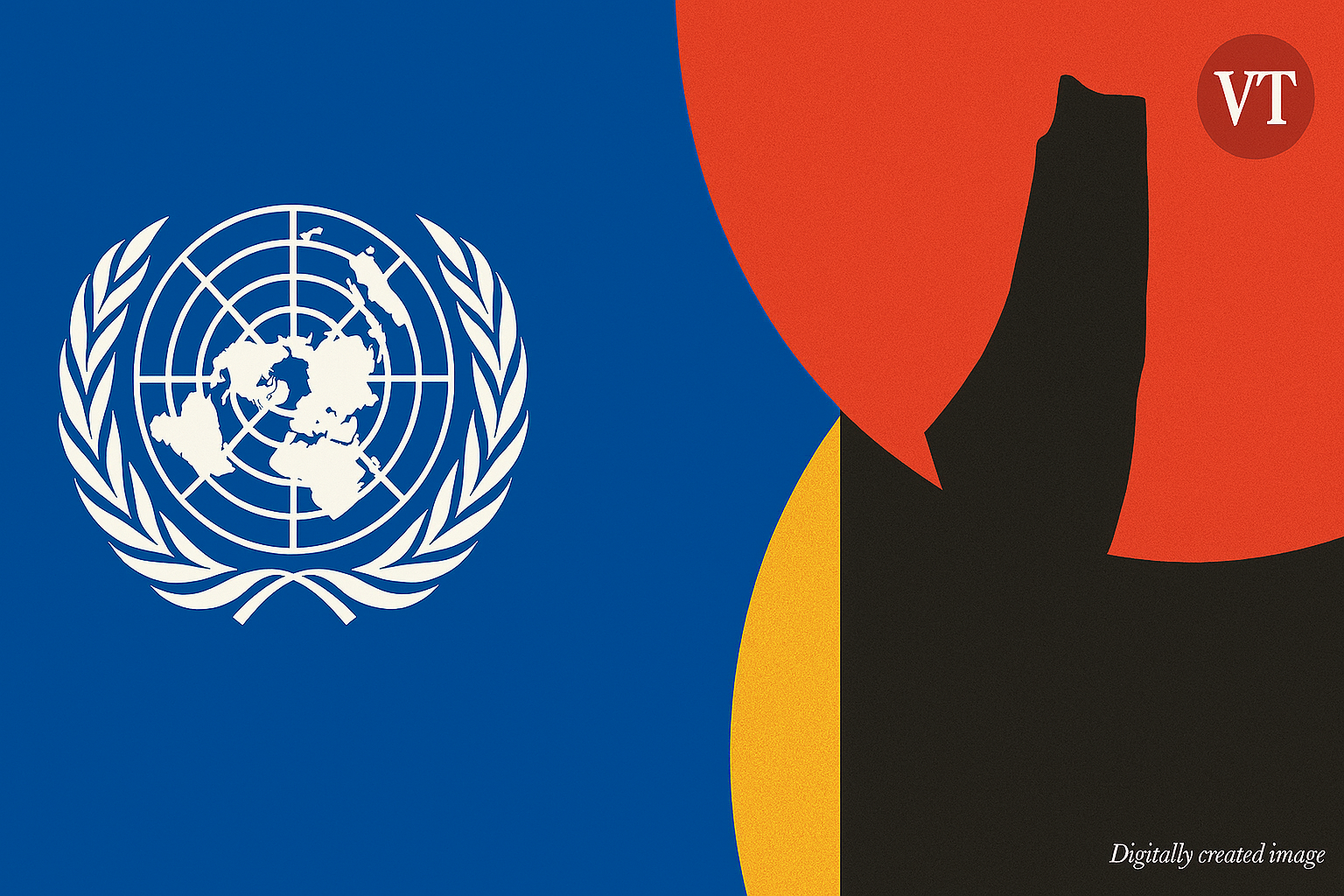By the numbers: Over 2.1 million residents of Gaza now face a total breakdown in health care, food supply, and sanitation systems due to an acute fuel shortage, the United Nations warned on July 12, 2025.
What’s happening: Seven UN agencies — including WHO, UNRWA, WFP, and UNOCHA — issued a joint statement declaring that humanitarian operations in Gaza are on the verge of total collapse due to lack of fuel.
Why it matters:
Fuel powers nearly all life-saving infrastructure in Gaza — from hospitals and ambulances to water pumps, waste systems, bakeries, and aid delivery trucks. The agencies warn that unless fuel is supplied in consistent and sufficient volumes, they will be forced to halt operations entirely.
What they’re saying:
Between the lines:
The agencies describe fuel as “the backbone of survival in Gaza,” stressing that medical units such as maternity and neonatal care are failing, ambulances are unable to operate, and water access is disappearing. Meanwhile, waste buildup and the absence of sanitation systems are raising the risk of deadly disease outbreaks.
The big picture:
Although a small amount of fuel was permitted into Gaza this week for the first time in 130 days, it amounts to only a fraction of the daily minimum needed to sustain critical services. UN officials say this insufficient flow cannot prevent widespread system failures.
What’s next:
The joint agencies are urging all authorities and international partners to facilitate the unimpeded and sustained entry of fuel into Gaza to avoid a humanitarian catastrophe.















